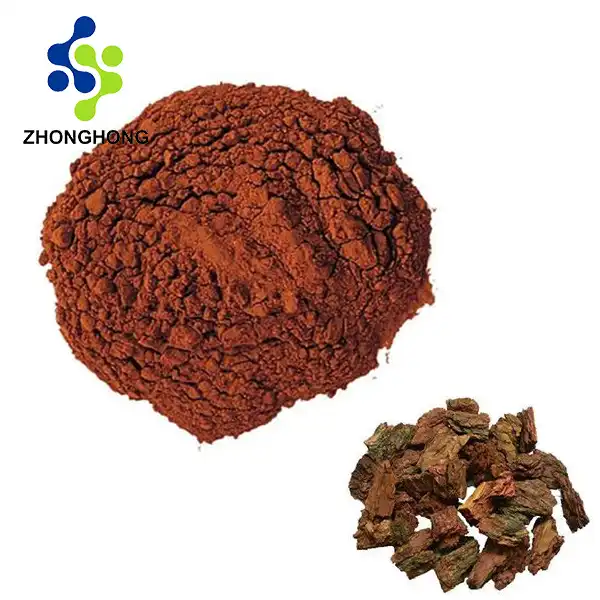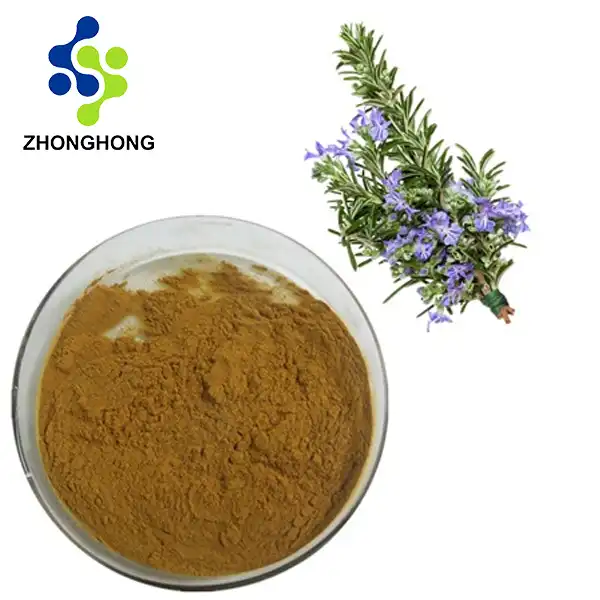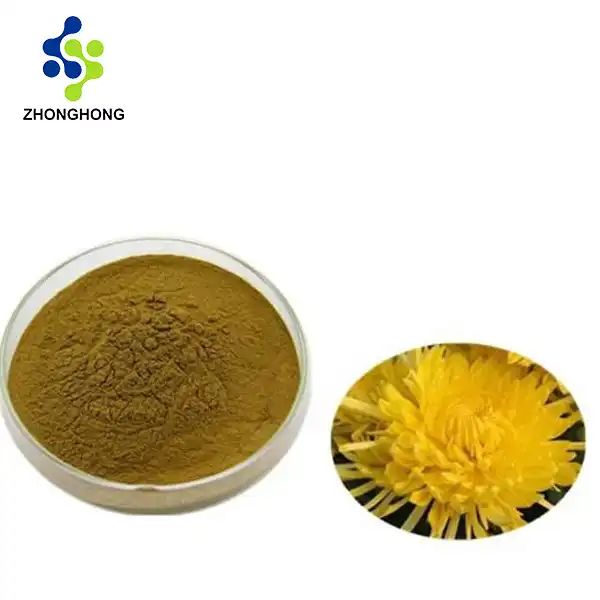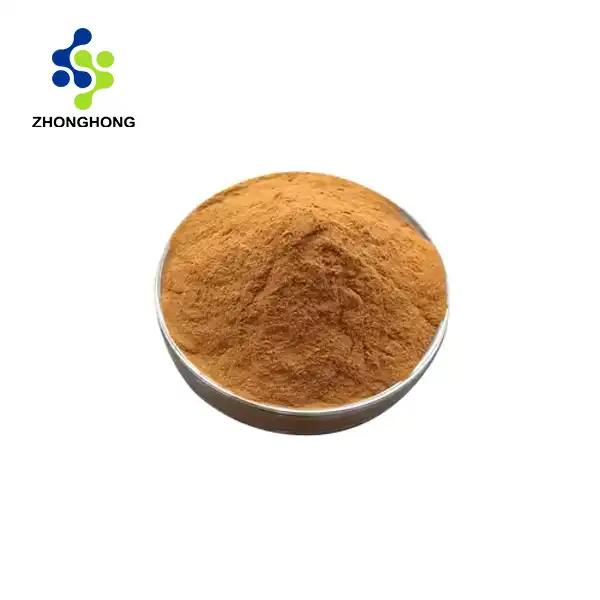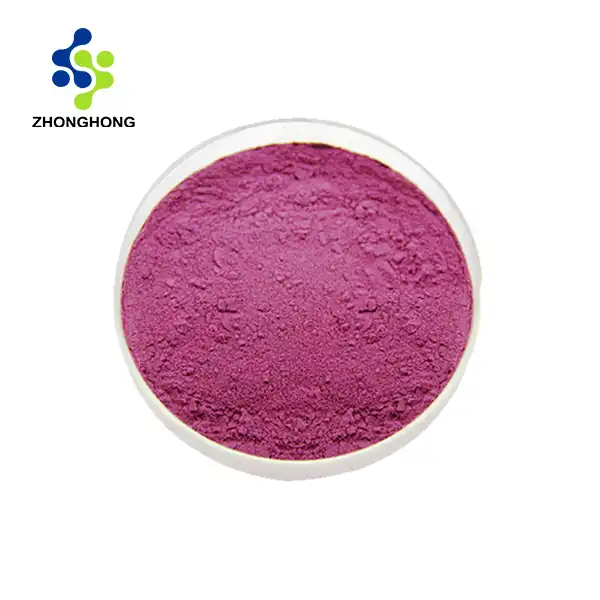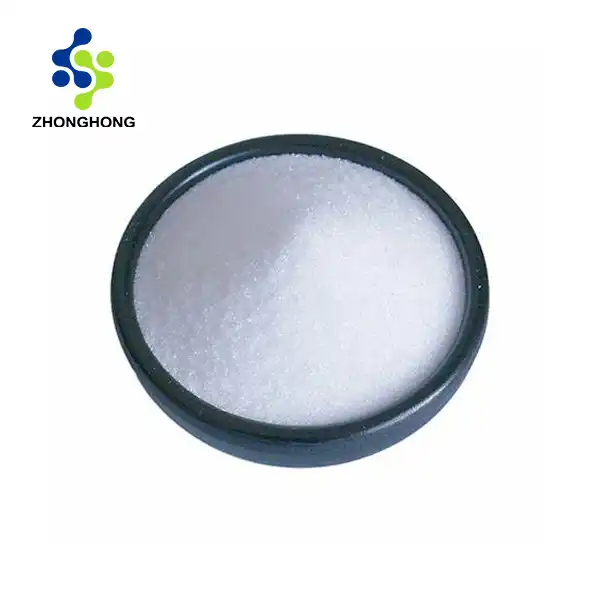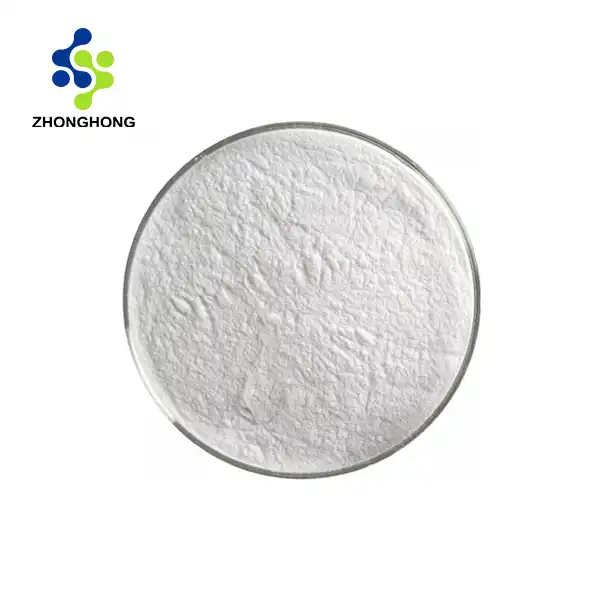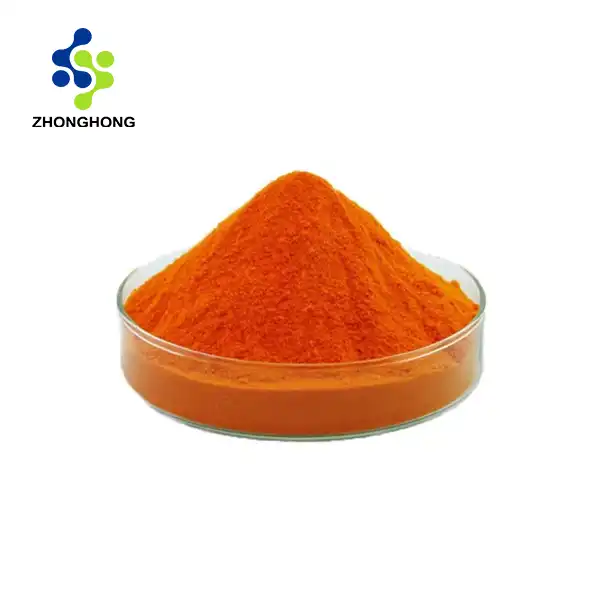Glucosamine Sulfate Powder: Dosage, Side Effects, and Safety
2024-11-30 17:31:32
Glucosamine sulfate powder has gained popularity as a supplement for joint health and osteoarthritis management. As more people turn to natural remedies for their health concerns, it's crucial to understand the proper usage, potential side effects, and safety considerations of this widely used supplement. In this comprehensive guide, we'll explore the recommended dosage, possible side effects, and long-term safety of glucosamine sulfate powder.
Recommended Dosage of Glucosamine Sulfate
Determining the appropriate dosage of glucosamine sulfate powder is essential for maximizing its benefits while minimizing potential risks. The optimal amount can vary depending on factors such as age, weight, and the specific condition being treated. Generally, the standard dosage for glucosamine sulfate powder ranges from 1,500 to 3,000 mg per day, divided into multiple doses. However, it's important to note that individual needs may differ, and consulting with a healthcare professional is always recommended before starting any new supplement regimen.
Here are some common dosage recommendations:
- For osteoarthritis: 1,500 mg daily, taken as a single dose or divided into three 500 mg doses
- For general joint health: 1,000 to 1,500 mg daily
- For athletes or individuals with higher body weight: Up to 3,000 mg daily, divided into multiple doses
It's worth noting that glucosamine sulfate powder may take several weeks to show noticeable effects. Many users report experiencing benefits after 4-8 weeks of consistent use. Patience and adherence to the recommended dosage are key factors in assessing the supplement's effectiveness.
When using glucosamine sulfate powder, it's essential to follow the instructions provided on the product label or as directed by your healthcare provider. Some tips for optimal usage include:
- Dissolving the powder completely in water or another beverage before consumption
- Taking the supplement with food to enhance absorption and reduce the likelihood of gastrointestinal discomfort
- Maintaining a consistent dosing schedule to ensure steady levels in the body
- Avoiding exceeding the recommended daily dosage without medical supervision
It's important to remember that while glucosamine sulfate powder is generally considered safe for most people, individual responses can vary. Some users may require dosage adjustments based on their specific needs and how their body reacts to the supplement.
Potential Side Effects of Glucosamine Supplements
While glucosamine sulfate powder is generally well-tolerated, some individuals may experience side effects. Understanding these potential adverse reactions can help users make informed decisions about their supplement use and recognize when to seek medical advice.
Common side effects of glucosamine sulfate powder may include:
- Gastrointestinal discomfort: Nausea, diarrhea, constipation, or abdominal pain
- Headaches: Mild to moderate headaches, especially in the initial stages of supplementation
- Skin reactions: Rash, itching, or other allergic responses
- Drowsiness or fatigue: Feeling unusually tired or sleepy
- Changes in blood sugar levels: Particularly relevant for individuals with diabetes or pre-diabetes
It's important to note that these side effects are typically mild and often subside as the body adjusts to the supplement. However, if symptoms persist or worsen, it's advisable to consult a healthcare professional.
Some less common but potentially more serious side effects may include:
- Increased bleeding risk: Glucosamine may interact with blood-thinning medications
- Allergic reactions: Particularly in individuals with shellfish allergies, as some glucosamine is derived from shellfish
- Kidney problems: In rare cases, glucosamine may affect kidney function
- Asthma exacerbation: Some individuals with asthma may experience worsened symptoms
To minimize the risk of side effects, consider the following precautions:
- Start with a lower dose and gradually increase to the recommended amount
- Take glucosamine sulfate powder with food to reduce gastrointestinal discomfort
- Stay hydrated by drinking plenty of water throughout the day
- Monitor your body's response and keep track of any unusual symptoms
- Inform your healthcare provider about all supplements and medications you're taking
It's crucial to be aware of potential interactions between glucosamine sulfate powder and other medications or supplements. Some notable interactions include:
- Blood thinners (e.g., warfarin): Glucosamine may increase the risk of bleeding
- Diabetes medications: Glucosamine may affect blood sugar levels
- Acetaminophen: Glucosamine may reduce the effectiveness of this pain reliever
- Certain cancer drugs: Glucosamine may interfere with the action of some chemotherapy agents
Always consult with a healthcare professional before combining glucosamine sulfate powder with other medications or supplements to ensure safe and effective use.
Is Glucosamine Sulfate Safe for Long-Term Use?
The long-term safety of glucosamine sulfate powder is a topic of ongoing research and discussion in the medical community. While many studies have shown promising results for its effectiveness in managing joint health and osteoarthritis symptoms, the safety profile for extended use deserves careful consideration.
Several long-term studies have investigated the safety of glucosamine sulfate use over periods ranging from 6 months to 3 years. These studies have generally found that glucosamine sulfate is well-tolerated and safe for most individuals when used as directed. However, it's important to note that individual experiences may vary, and some people may be more susceptible to side effects or interactions.
Factors to consider for long-term use of glucosamine sulfate powder include:
- Consistent monitoring: Regular check-ups with a healthcare provider can help assess the supplement's effectiveness and detect any potential issues
- Periodic reassessment: Evaluating the need for continued use based on symptom improvement and overall health status
- Dose adjustments: Long-term users may require dosage modifications based on their body's response and changing health needs
- Interaction awareness: Staying informed about potential interactions with new medications or supplements that may be introduced over time
- Quality assurance: Choosing high-quality, reputable brands of glucosamine sulfate powder to ensure purity and consistency
While long-term use of glucosamine sulfate powder is generally considered safe for most individuals, certain groups should exercise caution or avoid prolonged use without close medical supervision:
- Pregnant or breastfeeding women: Due to limited research on the effects during pregnancy and lactation
- Children and adolescents: As most studies have focused on adult populations
- Individuals with shellfish allergies: Some glucosamine products are derived from shellfish
- People with pre-existing medical conditions: Such as diabetes, kidney disease, or bleeding disorders
- Those taking multiple medications: To minimize the risk of potential interactions
It's worth noting that the long-term effects of glucosamine sulfate powder on certain health parameters, such as cardiovascular health and cancer risk, are still being studied. While current evidence does not suggest significant long-term risks, ongoing research continues to explore these areas.
To ensure safe long-term use of glucosamine sulfate powder, consider the following best practices:
- Maintain open communication with your healthcare provider about your supplement use
- Report any new or persistent side effects promptly
- Follow recommended dosage guidelines and avoid exceeding the suggested amounts
- Be aware of changes in your overall health status that may affect supplement use
- Stay informed about new research and updates regarding glucosamine safety and efficacy
Conclusion
In conclusion, glucosamine sulfate powder can be a valuable supplement for supporting joint health and managing osteoarthritis symptoms. By understanding the recommended dosage, potential side effects, and long-term safety considerations, users can make informed decisions about incorporating this supplement into their health regimen. As with any dietary supplement, it's crucial to consult with a healthcare professional before starting or continuing long-term use of glucosamine sulfate powder, especially if you have pre-existing health conditions or are taking other medications.
Remember, while supplements can be beneficial, they should not replace a balanced diet, regular exercise, and other healthy lifestyle habits. Combining glucosamine sulfate powder with a holistic approach to health can help maximize its potential benefits and contribute to overall well-being. If you want to get more information about this product, you can contact us at liaodaohai@gmail.com.
References
1. Towheed TE, Maxwell L, Anastassiades TP, et al. Glucosamine therapy for treating osteoarthritis. Cochrane Database Syst Rev. 2005;
2. Reginster JY, Deroisy R, Rovati LC, et al. Long-term effects of glucosamine sulphate on osteoarthritis progression: a randomised, placebo-controlled clinical trial. Lancet. 2001;
3. Clegg DO, Reda DJ, Harris CL, et al. Glucosamine, chondroitin sulfate, and the two in combination for painful knee osteoarthritis. N Engl J Med. 2006;
4. Sawitzke AD, Shi H, Finco MF, et al. The effect of glucosamine and/or chondroitin sulfate on the progression of knee osteoarthritis: a report from the glucosamine/chondroitin arthritis intervention trial. Arthritis Rheum. 2008;
5. Wandel S, Jüni P, Tendal B, et al. Effects of glucosamine, chondroitin, or placebo in patients with osteoarthritis of hip or knee: network meta-analysis. BMJ. 2010;
6. Henrotin Y, Mobasheri A, Marty M. Is there any scientific evidence for the use of glucosamine in the management of human osteoarthritis? Arthritis Res Ther. 2012.
_1728976869676.webp)
